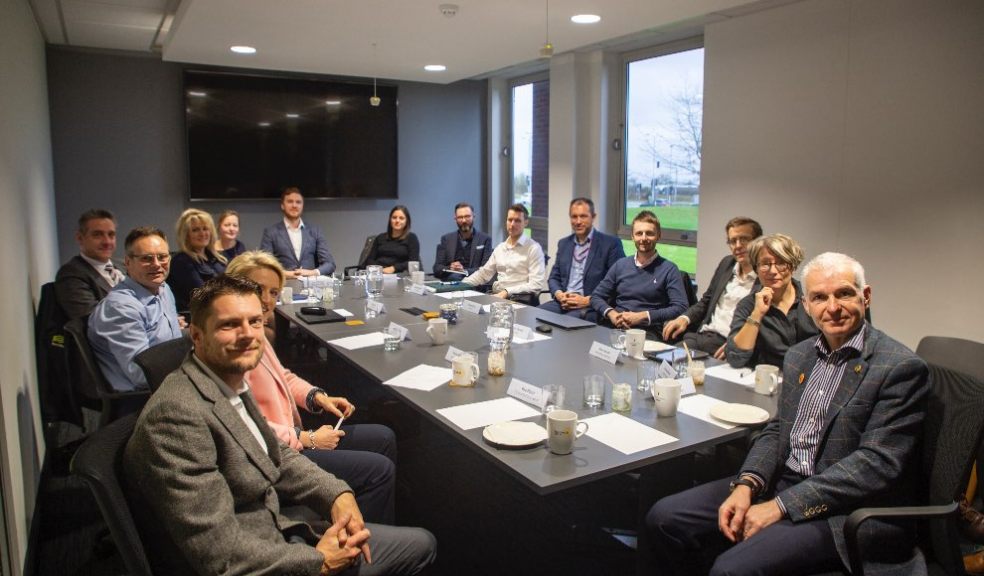
Exeter’s design and building leaders call for ‘construction revolution’ in response to climate emergency
Over a dozen leaders from some of Exeter and Devon’s best-known design and construction firms, along with customers and suppliers, came together in November to instigate a ‘construction revolution’.
With Extinction Rebellion protests having swept the region, and Exeter Council among others having claimed a climate emergency, attendees at the event said a paradigm shift in thinking is needed to meet environmental challenges.
The discussion, organised and chaired by Exeter-based contracting and interior fit-out group Willmott Dixon, saw local organisations join forces to consider how to reduce carbon emissions from regional construction.
It did so to build upon its commitment to the long-term sustainability of the construction process and the property it creates. Willmott Dixon is a carbon neutral company that has reduced its own carbon emissions by 59 per cent in just nine years. This was recognised with a Queens Award for Sustainable Development.
Thought leaders around the table included representatives from AECOM, Devon and Cornwall Police, The Eden Project, Exeter City Living Ltd, Exeter College, Hydrock, Met Office, NG Bailey, Plymouth City Council, Stride Treglown and University of Exeter.
They made a plea for the whole sector to stop making a distinction between ‘normal’ buildings and ‘sustainable’ ones, and rather than delivering pockets of excellence, the built environment needs to be delivering truly sustainable buildings at scale.
Attendees also dismissed the misconception that greener structures and processes always cost more. Evidence was presented proving that some sustainable housing delivered across the region is comparable in cost to traditional, inefficient approaches. At the same time, they pointed out that ecologically sound buildings can cost far less to run, saving money in the long-term, while offices with sustainable credentials offer a better working environment, supporting health and wellbeing with the potential to boost profits.
Interestingly, the group also questioned steps being taken by Government, pointing out that public bodies often call upon people to consider more than up-front cost, yet rarely take this approach.
This highlighted the need for all organisations to change the way they value buildings. Instead of taking narrow decisions on the initial outlay, they should think about what they’ll save in the future by creating designs that take very little to heat and will last for many more decades than cheaper alternatives.
The group agreed to meet regularly to share progress and highlight how the ‘revolution’ is progressing.
Alex Roberts, Senior Sustainability Manager for Willmott Dixon, said: “This is an exciting time for the industry. Construction is a major contributor to climate change. Rather than see this as a threat, we should lead the charge for better buildings and a better business opportunity. Sustainability must become the new normal.
“We just can’t go on with things as they were in the past. But with some key regional decision-makers signed up to our ‘construction revolution’, we stand a chance of making a difference.”

















